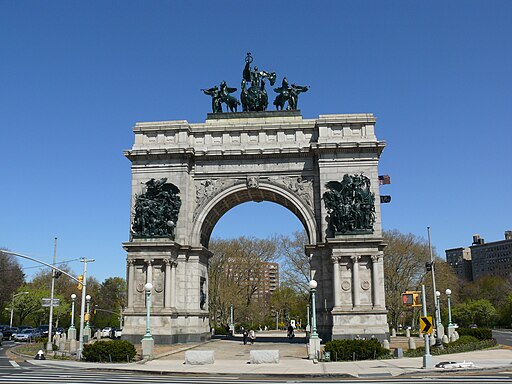“In this sad world of ours, sorrow comes to all; and, to the young, it comes with bitterest agony, because it takes them unawares.” –Abraham Lincoln
Where does one begin? To say that I am at a loss for words would be an understatement. Episodes as this have been echoed time and time again all too recently. Two events – one in North Carolina, the other in Minnesota – in the days and weeks prior to September 10th, point to an increasing resort to violence from news media and a political party calling for “resistance,” “by all means necessary,” including “elimination.”
I learned of his death from a phone call. My son called me as soon as he heard the news of Charlie Kirk’s passing. I was enroute to my home while on the entrance ramp to Interstate 96 when he called me. If you belong to an earlier generation, such as the 1960s, the time of learning of the death of Charlie Kirk will be a collective etched memory as the deaths of John F. Kennedy, Robert F. Kennedy, and Martin Luther King that were for my generation. It has affected an entire generation, especially of young men who were encouraged to follow the call of marriage to create families. Aside from political stands on issues, it will be the inspiration of Charlie Kirk to preach the value of love, family, and faith.
He was also noted for his patriotism. His love for his country and for its people knew no bounds.
He went where he could to meet all comers on their own turf and in full view of all to see. His “charism,” if you will, was to engage the young on campus, in their corridors of privilege and power, i.e., at Oxford University, one of the world’s oldest citadels of higher education —encouraging an open exchange of views, without bitterness or rancor.
Patriotism is not nationalism. It is not tribal. It is spiritual. It is borderless. It remembers: the past is not past. Historical memory lives. It is alive in every sepia photograph, in every battlefield and hallowed gravesite, in every generation’s struggle for freedom from tyranny and oppression.
As Patriotism is a spiritual phenomenon, it is a form of love that knows no bounds. It is beyond all space and time. It is porous. Barbed wires, border fences, and bristling fortifications cannot isolate man from man, nation from nation, society from society. Patriotism is not fettered to one place. Love of country fosters movement not only in space and time, but in depth, intensity, and passion, which point to sovereignty. Some borders restrict movement and access to knowledge about happenings beyond their borders; however, love of country finds spiritual power to resist one’s own atomization and to defy the nullifying power of groupthink propaganda. But the absence of love, nay, even hate, may lead us into the temptation to build walls around ourselves—to be safely cocooned and protected from the wild, out-of-control violence that festers in our society. Not a good idea.
Before you lay the mortar for building your wall, ponder the following statement by Robert Frost in his poem Mending Wall: “Before I built a wall I’d ask to know, what I was walling in or out.” William Byrd, Elizabethan musician and contemporary of William Shakespeare penned the following song to his son, as their catholic faith was increasingly under siege: Will you walke the woods soe wylde?” Robert Frost suggests that you ponder your reasons for building your wall; William Byrd asks you to walk the wild woods. Who should guide us?
Robert Frost, pondering his own statement in Mending Wall writes, “something there is in us that does not love a wall.” Walls separate us from life, action, and freedom that await us on the other side. Woods are made for the adventurous spirit; for journeying to other continents to see the sparkle of a nation’s spirit, sailing pathless and wild seas, to where the winds blow, the waves dash, and the Yankee Clipper speeds under full sail. Those who dare to enter the wild and enchanted woods begin to understand, despite darkness and principalities, that their restless search ends in finding God, or God finding us. A nineteenth century poet writes:
I took a day to search for God
And found him not. But as I trod
By rocky ledge, through woods untamed,
Just where one scarlet lily flamed,
I saw his footprint in the sod.
Some will prefer to err on the side of caution. Others will conclude that the sleeping and pathless woods harbor too many dangers. We owe it to ourselves and to Charlie to bring down our walls. Walls provide a false sense of security. They kill the spirit of play, and part us from the Divine Presence that we can discover in each other: to console, to pray, and to share. Please pray for the repose of Charlie’s soul, and for his widow and two young children. And resolve to live without the sad regrets of the poet who wrote the following:
Soul of mine, pretty one, flitting one, Guest and partner of my clay, Whither wilt thou hie away— Pallid one, rigid one, naked one, Never to play again, never to play.
